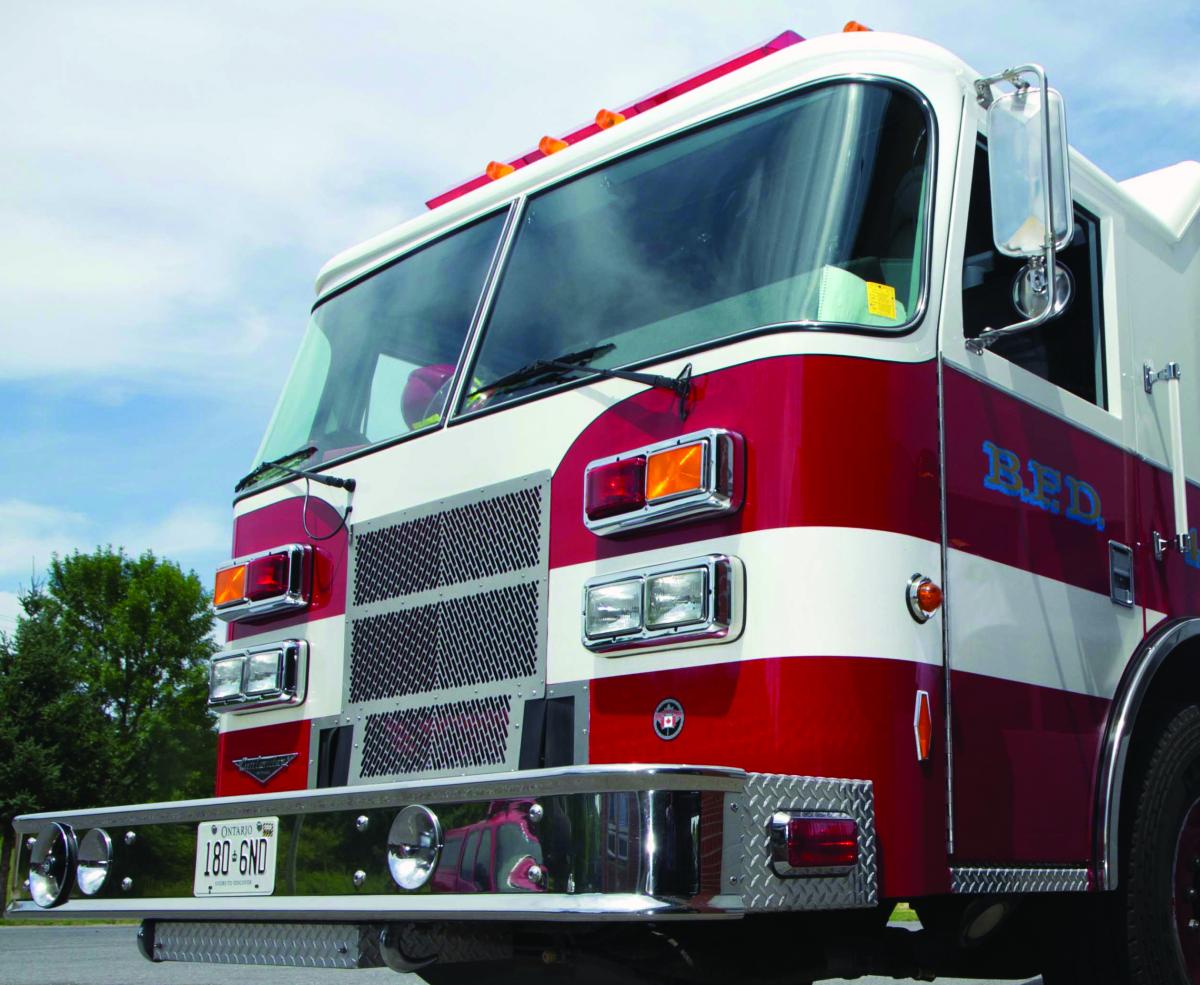
As city officials gird for another labour battle with Brockville's firefighters' association, the talk is not about if the next round goes to arbitration, but when.
It's yet another indication of the arbitration system's fundamental brokenness that, while I referred to arbitration in a previous post as a “nuclear option,” one side will keep its finger duct-taped to the red button for the foreseeable future.
It's inevitable that, fresh off a massive arbitration victory, the Brockville Professional Firefighters Association will press the button at the first opportunity in catch-up negotiations for 2013 and 2014.
And after this next round brings us more bad news., there will be even more at play in the Brockville scenario.
Mayor David Henderson last week said the most recent arbitration award “hammers home” why the city should move to a hybrid fire service.
City officials have been aiming for a switch to the so-called Orangeville fire service model, a mix of full-time and part-time firefighters, and even possibly volunteers.
Studies have suggested the city could save about $2 million with such a switch.
The mixed-model, or composite-model, firefighting project was relegated to the “To Do Later” list when Brockville embarked on its Ontario Provincial Police costing process.
That costing has, of course, been dragging on for much longer than anyone wanted, and this latest arbitration award has brought the Orangeville question back to front-of-mind.
The trouble is that moving from the current firefighting model to the composite one is not at all like the provincially-defined process for deciding whether or not to switch police badges.
The city cannot bind its firefighters to such a process, and Henderson has indicated before the city plans to achieve that goal by following the long road. through talks at key times, specifically during contract negotiations.
Well, it will be 2015 at the earliest before the two sides are caught up enough to talk about changing the fire department's shape within the horizon of the collective agreement being discussed.
And a firefighters' union with a red-button advantage is unlikely to consent even to talk about reducing its full-time ranks.
How would the arbitration panel react to such a play?
Well, let's remember that, in their May 26 award, the arbitrators were supposedly bound by the Fire Protection and Prevention Act, which supposedly told them to take into account a municipality's ability to pay “in light of its fiscal situation.”
Clearly, the interest arbitration principles which now prevail define our current “fiscal situation” as requiring us to pay increases of nearly seven per cent over two years to the existing firefighting complement.
Working under such principles, under the current system, a majority of arbitrators will simply not buy city hall's argument that it must change that firefighting complement to make it more affordable to taxpayers.
So yes, sadly, the Orangeville standoff will lead to the red button being pushed yet again, and the long process of change the mayor spoke of will be longer still.
Keep those radiation suits handy.